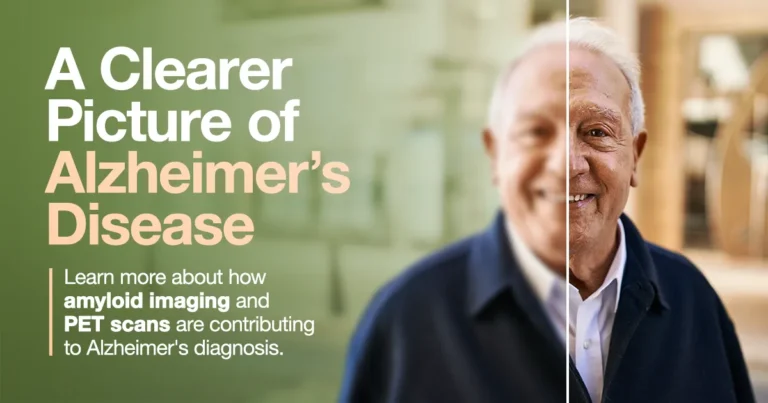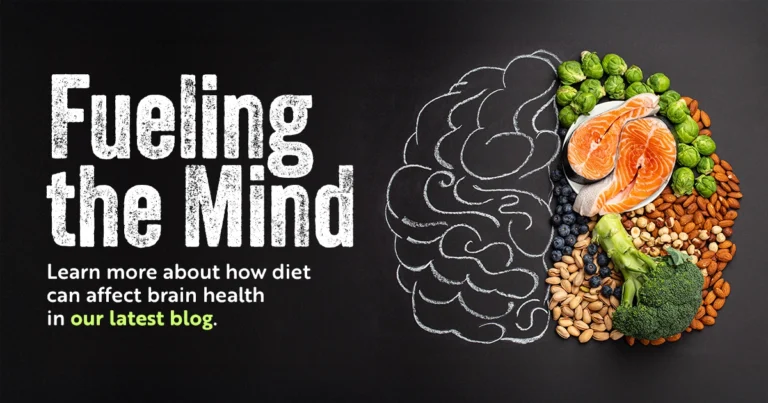Is Alzheimer’s in Your DNA? Exploring the Genetic Connection
Alzheimer’s disease is a complex neurological condition that affects millions of people worldwide. While age remains the most significant risk factor, many people wonder: Does family history increase my chances of developing Alzheimer’s? Understanding the genetic connection to Alzheimer’s is a critical step in unraveling the mystery of this disease and finding potential treatments. Understanding …







